Farming the ‘Wild East’: A Friends school graduate finds a calling in farm life
Friends school graduate Noah Poulos is putting down roots as he and his wife start an organic farm in rural North Carolina. But in the process, he has found his Quaker roots are also sprouting into a spiritual awakening he never expected.
On this episode, Noah shares his journey to Wild East Farm.
Subscribe so you don’t miss an episode!
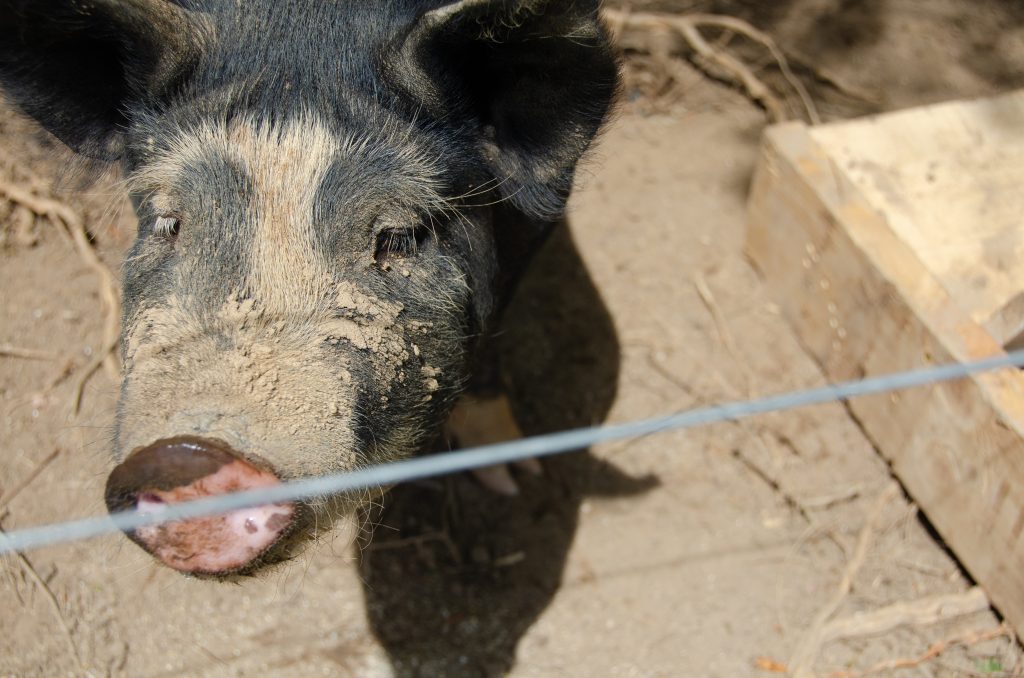
Want to contribute to upcoming show? Leave us a voicemail at 215-278-9411 and tell us a story from Quaker summer camp!
Don’t forget to share your thoughts on this episode below.
Download the transcript and discussion questions.
Discussion questions
- The practice of gathering for silent worship as a student has had an enduring impact on Noah’s life. In what ways do you find silence continues to work in your life, even when you’re in the midst of a normal day?
- Of his recent increased spiritual awareness, Noah says, “the more I’ve been…watering that seed, the more it’s made itself apparent to me.” In what ways might you cultivate a deeper understanding of God?
Noah Poulos
Oh my God, we grew this or oh my God, I’m cooking an omelet. And I just picked the peppers, grabbed a tomato, chopped up some onion and got the eggs out of the coop all three minutes ago. You know that kind of having those experience for the first times and having like that level of success was enough to just, I guess catch the bug and be like, I don’t think we can ever go back.
Georgia Sparling
On today’s episode, we’re going to the farm.
Various
Thee Quaker Podcast: Story, spirit, sound.
Georgia Sparling
I’m Georgia Sparling.
Jon Watts
And I’m Jon Watts. So Georgia is your episode today. What kind of story do you have for us?
Georgia Sparling
I’ve got a farm tale because I really love farms. And this is not a “Charlotte’s Web” type farm story. So back when I was a newspaper reporter, I was definitely on the farm beat
Jon Watts
On the farm beat. Okay, cool. Tell me more.
Georgia Sparling
Yeah, so it was voluntary. But you could search for me online and you will find stories of escaped goats and pigs, alpaca shearing and more. So all with my byline.
Jon Watts
Nice. And I have I’ve done that search and read those stories. I recommend it. But tell me tell me about this fascination that you have with farming? Where did that come from?
Georgia Sparling
So when I was a little kid, I would always help my grandfather in his garden. So I think farming has just always seemed idyllic. Like you get to work with your hands and grow things that you can actually eat and share with other people. Not to mention the potential for cute animals. But yeah, so today’s guest is Noah Poulos. And he talked a little bit about that ideal when I visited him at his farm.
Noah Poulos
There’s a lot of fantasy around a kind of agrarian lifestyle, whether it’s farming or just for home production. And in a lot of ways, it is like living a dream. But if that’s what you’re into, but there’s also a lot of detail oriented, challenging, physical, hard stuff to do.
Jon Watts
Yeah, that sounds familiar. I know a lot of folks my age who had this kind of dream, and then, you know, got into it and reported, you know, like, farming is hard. Anyway, how did you get connected with Noah? I’m assuming it was through some kind of Quaker channel.
Georgia Sparling
Yeah. So Noah grew up in Greensboro, North Carolina. And he attended the New Garden Friends School, and he and his family would go to the Friends Meeting there. He actually knew some of our friends Max and Jane Carter, and he was one of Jane’s students. And they recommended him
Jon Watts
Well, I trust Max and Jain to know a good story when they see one.
Georgia Sparling
Definitely. And I really love visiting Wild East Farm. That’s what Noah and his wife Lyric have named their place. And I mostly asked him questions about farm life itself. But we did start out our conversation talking about some of the ways that Quakerism has influenced Noah. And I asked him about his experiences growing up in a Quaker environment.
Noah Poulos
It evolves throughout the years, right, when you’re 9 you’re like fidgeting around. And then when you’re 13, maybe you’re kind of like trying to flirt with a girl nearby. And then maybe when you’re 17, you’re starting to like, understand that silence is powerful, and that it’s going to stick with you and and then when you’re almost 30, like me, you look back and you’re like, wow, those were, I’m really grateful, even through all those kind of funny stages of interacting with it as an adolescent. But the impact down the road in in my life has been big.
Georgia Sparling
I asked him how Quakerism has stayed with him through the years. And it was really that practice of silence at the meetings they had at school that stuck with him.
Noah Poulos
I mean, it’s even been tough for me at periods of my life to honor silence as a practice, it’s an upstream battle to not be constantly distracted. And I think just cultivating that awareness around like, silence is a thing you can be doing. I don’t know. I think as a young man, I have a really strong tilt towards like productivity and doing stuff and the fact that we would go out of our way and you know, some might see it as like interrupting the school week to go have silence is was really a testament to this isn’t a counterproductive inefficient use of time like that kind of I don’t know, Protestant mindset. It’s like this is a way to be a whole person. And so having that as a weekly practice growing up, even in times in my life where I’ve slipped into being more distracted than I’d like, there’s always just a reminder there.
Jon Watts
I love this. I, you know, I’ve I’ve heard from so many people who grew up going to a Quaker school that that experience of weekly silent worship has had such a profound and long term impact on them.
Georgia Sparling
Yeah, and I think as we’ll learn later, in the story, that silent worship has come back to Noah, in a way, since he began farming. You know, I asked him like, why he even picked up farming to begin with. And he said he’d always had a sort of kinship with outdoors. Even though he didn’t grow up in any sort of agricultural environment. He had a “pretty standard suburban youth lifestyle.” But then he studied ecology in college. So that was obviously a big part of why he ended up in farming. But I also have to think that his early experiences with Quaker silence helped him to grow into that calling.
Jon Watts
Yeah, well, I’m, you know, I’m looking forward to hearing more about it in your visit with him.
Georgia Sparling
Yeah, so let’s go to a Wild East farm, shall we?
Jon Watts
Let’s do it.
Georgia Sparling
Noah forgot I was coming to the farm, which is pretty obvious by his extremely confused face when I arrive. He says he forgot to look at his Google calendar that morning. And of course, the one day he does that, here I am. Although he may have forgotten our meeting today, it’s clear that Noah doesn’t leave a lot to chance when it comes to his farm. And like any good farmer, he rolls with the unexpected, shakes my hand, musses his hair, and invites me to have a seat on the porch. But before we get into how this farm came to be, I want to fast forward to my favorite part of this visit by way of introduction.
Georgia Sparling
Hello. Those are the excited oinks of a small herd of pigs. The pigs are not small but the herd is.
Noah Poulos
So yeah, we got the pigs here in the woods. A lot of the understory plants in here are invasive species like privet and honeysuckle and you know, they tend to snuff out the local or native ecology. So you can see kind of the impact that the pigs are having through here. Yeah. And they’re fun critters. Yeah, they’ve got big personalities.
Georgia Sparling
Noah and his wife moved to the property, which is located in McDowell County, North Carolina, back in November of 2022. So when I visited, they had been there about six months, which is pretty remarkable considering how they started out 2022
Noah Poulos
We started off the year feeling pretty good, dejected about our prospects of being able to farm in western North Carolina.
Georgia Sparling
Lyric was away in Asheville the day I visited, where she runs a farmers market part time, so I didn’t get to meet her. But Noah and Lyric started homesteading while they were still in college at the University of North Carolina Asheville. They met while studying ecology and they rented a little place about 20 minutes outside of the city where they could try their hand at sustainable living. They raised chickens and meat rabbits and grew their own vegetables.
Noah Poulos
In those years that we were overlapping our studies with our budding homestead, something clicked in, in both of our heads of we could produce our own food, engage with the community in a meaningful way and get to be ecologists every single day.
Georgia Sparling
The couple really went all in even learning how to slaughter their own rabbits.
Noah Poulos
Up to that point, I mean, I’d cleaned some fish and but that was that was it. Never killed a mammal or, you know, an animal larger than a fish and it was more just like an intensity that was new. Like the moment of taking a life and ultimately, like we started to feel more uncomfortable eating anonymous meat from anonymous animals from an industrial process than doing it ourselves and at some point, that comfort zone own shifted where it’s like, yeah, it actually feels way easier to shoot our own pig and go through the whole process than to just like, pick up some bacon from the store.
Georgia Sparling
But the two weren’t planning to buy a farm, not yet. After graduating from college in 2018, Noah figured he would work outside eventually as an ecologist of some sort. So he got a job as an arborist for a tree company. And during the many hours that he spent high in the canopy trimming and felling trees, he began listening to podcasts through the built in Bluetooth speakers in his helmet.
Noah Poulos
And I started getting really into farming podcasts as a way of learning about how to homestead you know, just like how to grow carrots better and kind of simple, how to type stuff and just got into this rabbit hole. I started listening to some people who were making the case of like, you can make a living farming. At the time. I didn’t know I was interested. But the more I was listening, the more I was just like, yeah, like this seems right. You know, I think I was getting disillusioned with just like the idea of being an employee. I don’t think there’s anything inherently wrong with that. But just knowing my personality and in my first experience working like a real full time. You’re at lot every day 7 a.m. doing exactly what someone else says like it just I knew at that moment, even though I enjoyed that job that that wasn’t how I wanted to orient the rest of my life.
Georgia Sparling
He worked there for about a year and then spent a winter in forestry before getting his first farming job.
Noah Poulos
That following summer in 2020. I got hired to be the farm manager at Clem’s Organic Gardens down in Pisgah Forest, about 45 minutes southwest of Asheville, and got that position despite not having worked on a commercial farm at all, much less managed one.
Georgia Sparling
Noah’s willingness to learn his homesteading background and his forestry experience came in handy at the job. And he learned to run a farm without the risk that comes with a solo venture, while also being part of the business as it scaled up its operations, producing 1000s of pounds of organic veggies every year.
Noah Poulos
So the first year I was there we were doing three acres of production of organic vegetables. And then the next year it was five acres. And then in 2022, it was eight acres.
Georgia Sparling
When it came time to start their own farm; however, it was more difficult than Noah and Lyric had hoped. If you know anything about Asheville, you know, that it’s an extremely popular destination. And the land even an hour outside of the city has gone up astronomically in recent years. So when the couple started looking for a farm of their own, there just wasn’t anything in western North Carolina that they could afford.
Noah Poulos
We’ve been building community here for almost 10 years. And the idea of for us of just picking up and starting somewhere new felt. I mean, heartbreaking really, you know, we really, really wanted to be here, but it got to a point with at that point, the real estate bubble being so out of control that we’re just like, it’s just not going to happen. Like we have to be in western North Carolina or farm is how it felt.
Georgia Sparling
After the break, the couple gets an opportunity that they never saw coming and farm life sets Noah on a new spiritual journey.
Jon Watts
Hey, everybody. It’s Jon here. When we first had the idea for a weekly Quaker podcast, we were so excited about the possibility but had no idea what all would be involved. We knew that not all podcasts are the same and that we wanted this one, Thee Quaker Podcast, to be special with excellent storytelling and no small measure of adventure as we bring you along with us to seek out stories of spiritual courage and get to the core of what’s so powerful about this Quaker faith.
In just a few short months, we’ve taken you to Kenya and the Pacific Northwest. We’ve been on the Underground Railroad in the woods of North Carolina, and we’ve experienced an abolitionist wedding in 1838 that led to a riot. We’ve heard ministry from a programmed meeting and from an unprogrammed meeting. Heck right now, Georgia is taking you in person to hear the pigs and the sounds of the farm at Wild East.
And I’m here to say thank you. None of this would be possible without your support.
Right now, there are 42 people out there, 42 of you who are giving a monthly donation to make all of this possible. And that’s an amazing number considering that we just launched the podcast just a few months ago, but I know that we can do better if.
If you’ve been listening regularly or if you’re just now tuning in, we would love it if you would consider joining those 42 patrons in helping us create media that lifts up stories of spiritual courage and shows us an alternative possibility for the world.
Let’s see if we can get to 50 by the end of the month.
Just visit TheeQuaker.org. That’s TheeQuaker.org. And please consider pledging 5, 10, 20 bucks a month and do your part to help us continue to grow and dream.
Thanks so much and back to Georgia.
Georgia Sparling
All right, welcome back. Before the break, Noah and Lyric had gotten to the point where owning a farm had begun to seem impossible, and it kind of was. There was one property that they looked at just over 40 acres with a broad expanse of fields, some trees all tucked into a beautiful little valley.
Noah Poulos
It was one of the places we saw where we were like, we can’t afford a farm. This place felt like a farmer should be here, right, and at the price it was listed at that was unrealistic.
Georgia Sparling
But they hadn’t totally lost all hope.
Noah Poulos
We wanted the next place to be the forever place, and that’s why we were pretty hard set on owning. And we started opening ourselves up like, we don’t have to own a farm, we can lease a farm, we’re kind of opposed to that.
Georgia Sparling
And then while looking at this website that links farmers with available land to lease, they saw that same property that had been for sale a few months before, the one that felt meant to be a farm. It turns out that the new landowner was a sort of farm angel investor.
Noah Poulos
And so he wants us in a life lease, and we want to be in a life lease.
Georgia Sparling
Of course, this seemed way too good to be true. The land already had a house and a couple of barns on it. And the landowner offered to help them get the equipment they needed through a personal loan, instead of going through the more expensive option of a bank. After talking with another farmer, who had also worked with this investor, they realized that this was the real deal. Noah, Lyric, and the investor agreed to start out with a five year lease and then they would go from there.
Noah Poulos
It’s extremely rare for a landowner to offer that tenure and that security. But he says he understands how important that is to do good farming, right to do farming that is not just seeing this year, as the goal it’s seeing this year as well as 100 years from now. And I think that that can be really, it can be hard to prioritize things that don’t pay off for decades or generations. We spent the better part of the summer in communications with the landowner building rapport and building trust and understanding what each other were looking for. And it really just seemed like the perfect fit for both of us.
Georgia Sparling
Farming is hard work. It’s notoriously risky, the margins are slim. It’s not the sort of thing that most almost 30 year olds would want to willingly take on.
Noah Poulos
It’s a little bit counterculture in in like taking on a huge amount of responsibility. And, you know, because when you have animals and even when you have plants in the ground, you can’t just like go on a spontaneous trip whenever and you can’t you know, there’s daily chores, you got to wake up every morning you can’t sleep in till noon and just say whatever.
Georgia Sparling
The couple named the farm Wild East.
Noah Poulos
We always think the West gets a little too much credit for being the wild one. And it’s a testament to you know, a farm is kind of traditionally thought of as very, not a wild space. It’s extremely cultivated. And we’re aiming through our production practices to find that balance where we can cultivate food and produce our needs as well as providing food for the community. Well allowing succession ecological succession to take place and working with the constant changes of our surroundings instead of against it. A little bit wild.
Georgia Sparling
I’m conducting this interview outside on the couple’s front porch. And from our vantage point, we can see much of the land that the couple has already begun to farm and that they plan to farm in years to come.
Noah Poulos
The whole farm is four acres. So it’s about half flat, open, bottomland pasture. And then about half mixed woodlands and some some hilly pastures too.
Georgia Sparling
Noah explains that they’re taking a mixed enterprise approach to their farm.
Noah Poulos
Part of our farming philosophy is having a willingness to adapt to circumstance. So we are, we’re more attached to our values and principles of ecological farming than any one enterprise. So what our farm looks like is going to certainly shape shift over time to meet our needs in the circumstances. This year, we decided to start with a market garden, growing annual vegetables, pastured meat, birds, being chickens and turkeys, as well as pigs. And so part of our thinking in choosing those three enterprises to start is a across three enterprises, our risk is spread out, right. The likelihood of catastrophe across all three is extremely low. As well as being quick returning enterprises.
Georgia Sparling
Originally, they had not planned to have a market garden just went for their own kitchen. But then they heard about the Foothills Food Hub that operates out of the nearby town of Marion.
Noah Poulos
It’s a a nonprofit that has a significant amount of funding solely to purchase food from farmers in the county and redistribute it to folks at no cost. So, you know, they, we got in contact with them, and it became clear like they have enough money to purchase pretty much all of what we can what we want to grow this year. And then that food is going straight into the homes of folks here in Marion and around that, you know, the cost of local organic food is typically prohibitive. So we shifted focus, we’re like, okay, yeah, let’s do vegetables to that fits right now. Are we married to doing it forever? No, it’s very easy to get too idealistic and have that kind of harm the viability of a business.
Georgia Sparling
They’ve already got a robust garden when I visited in April, rows of vegetables planted in lush dark compost are already springing up, some nearly ready for harvest.
Noah Poulos
We’ve got lettuce, turnips, spinach, some cilantro coming up, radishes, Asian greens, we’re growing collards and kale…
Georgia Sparling
You might notice a little bit of a different quality in the audio of the next clips. That’s because I called Noah up after our initial interview for some follow up questions. And when I did, he told me that the process of establishing the farm has stirred up a consciousness of the divine that he never had before.
Noah Poulos
It’s actually something I’ve been internalizing and reflecting a lot on over the last several months, more than the previous several years before. And yeah, touching on the faith of starting a farm and kind of leaping into a place of trust with the universe, because it’s a challenging thing to do. And there’s a lot of risk to it. And it’s the type of thing that because it’s not as straightforward of a business venture as a lot of other things that you could do. It requires a lot of faith not only in yourself, but in trusting that elements outside of your control will be in your favor in some ways. And I think that we’ve kind of noticed the universe or higher power or great intelligence or whatever you’d like to call it. Reciprocating our trust and faith in this venture with gifts that we couldn’t have foreseen.
Georgia Sparling
He said this awareness has grown from the blessing of having supportive neighbors to experiencing the daily beauty of life on the farm.
Noah Poulos
And so it’s been interesting like, the more I’ve been giving attention to that or like watering that seed, the more it’s made itself apparent to me.
Georgia Sparling
Noah says that that early exposure to Quakerism gave him an openness to spiritual things.
Noah Poulos
I think that when something like you know the spiritual transfer formation I’ve been experiencing for the last several months, starts coming up, it feels it curious and exciting. It’s just like, okay, like this is kind of new and coming back and I’m not attached to my old narratives at all. So, yeah, I think that more than anything has played into kind of my evolution there.
Georgia Sparling
Well, Noah says he’s felt a bigger hand at work on the farm, it hasn’t meant he’s slow down any of his own efforts to make Wild East farm a success.
Noah Poulos
So our goal is to be paying back our investments this year, and be profitable in our first year despite a lot of startup costs. And that can only really be done through doubling down on quick returning enterprises that fit the context of you know, still having animals on the pasture and kind of utilizing the the gifts of the certain animals to suit the needs of the landscape. They’ve also really been looking ahead. But the biggest project was we planted out about 12 acres of trees throughout the pastures in in a pattern that is designed to suit animal rotations amongst the growing trees.
Georgia Sparling
That’s 1500 trees. Hearing him talk about this is pretty amazing, and it’s even better to see it in person. There are arcing rows of small apple pear, hazel, persimmon, mulberry and paw paw trees. The trees are scrawny now, but one day, this will be a large field full of huge trees, animals and other crops, all living in a symbiotic relationship designed by Noah and Lyric.
Noah Poulos
When you have hundreds of trees kind of sharing the load and in a pattern where there’s always shade. The shade also provides microclimates for a broader array of grass species to grow can have a longer window of good forage for your animals. And some people have even had success in some climates, just not feeding hay to their cows and sheep and ruminants at all, which to a lot of folks is kind of unheard of.
Georgia Sparling
There are also plans to extend the growing season by installing low tech greenhouses that will allow them to grow food throughout the winter. It’s a pretty amazing vision. I mean, I know very little about farming, but it seems like Noah and Lyric have thought of everything, at least as much as humanly possible. Everything on the farm is designed for flexibility, longevity and sustainability. Plus, it seems like they’re having a lot of fun, and they still have so much room to grow literally acres and acres,
Noah Poulos
I get to essentially be a field ecologist stills and interact with plants and animals and learn about physiology and behavior and, and all these things I’m really interested in from the ecological perspective and also produce my own food at the same time and produce food for the community and have a meaningful interaction with the community.
Georgia Sparling
Thank you for listening, and thank you to Noah for letting me visit Wild East farm. If you want to know more about the farm, we’ve got links to their website and Instagram on our episode page, as well as a few photos of those pigs and some other things from the farm. The episode page also has a transcript of this episode, discussion questions, and a place to leave comments.
This episode was produced by me Georgia Sparling and Jon Watts. Jon also composed the music for this episode. Thee Quaker podcast is part of Thee Quaker Project, a Quaker media organization with a focus on lifting up voices of spiritual courage and giving Quakers a platform in 21st Century Media. If you want to support our work, we’ll definitely let you do that. Please consider becoming a monthly supporter. You can learn more about how to join our giving team at Theequaker.org That’s Theequaker.org. Every contribution expands our capacity to tell Quaker stories in a fresh way.
One more thing before you go. We recently asked you to call in and tell us about your first experience with Quaker Meeting. Here’s an answer we received.
Judy Goldberger
This is Judy Goldberger. I came to Quakers from Catholicism when I was in school, and unprogrammed Quakers, and I, my favorite part of the Catholic mass had always been the unprogrammed portion after communion when I felt that God was really near. And I always felt that when they picked up again with the liturgy, I want to raise my hand and say wait, wait, wait, I’m not done yet. And I discovered that the Quaker Meeting, that there was such a thing as Quakers and that the Quaker Meeting was around the corner from my high school, and I had already left Catholic church at that time point. Because in confirmation that we’re very much about that, well, you know, my dad who’s Jewish, isn’t Catholic isn’t Christian, and he can’t go to heaven.
And I was like, Gandhi, and Gandhi can’t go to heaven. And I still remember one, the silence. That communion of that silence into a message about from a man who spoke about his experience, teaching in a program for people with developmental delays, and that the parents had come to him and said, You’re teaching our children how to ski, and hike and be in the outdoors, but you’re not teaching them to pray, and they can also pray. And I was like, Yes.
And I just immediately felt at home between the communion and that message, and I didn’t see that gentleman for about six months afterwards to thank him. And then when he came back, there was a big, big fuss over him. And it turns out that this was in the mid 80s. He was a gay man who was dying of AIDS and the Meeting loved him and then I really knew I was at home.
Georgia Sparling
Thank you so much for sharing that experience with us. And for the rest of you, we would also love to hear from you. Tell us about an experience you had during Quaker summer camp. Tis the season right? So give us a call at 215-278-9411. That’s 215-278-9411. That number is also listed on our episode page. All right. We’ll be back next week with a brand new episode.
Recorded and edited by Jon Watts and Georgia Sparling
Original music and sound design by Jon Watts (Listen to more of Jon’s music here.)
Supported by listeners like you (thank you!!)
Referenced in this episode:
- Learn more about Wild East Farm.
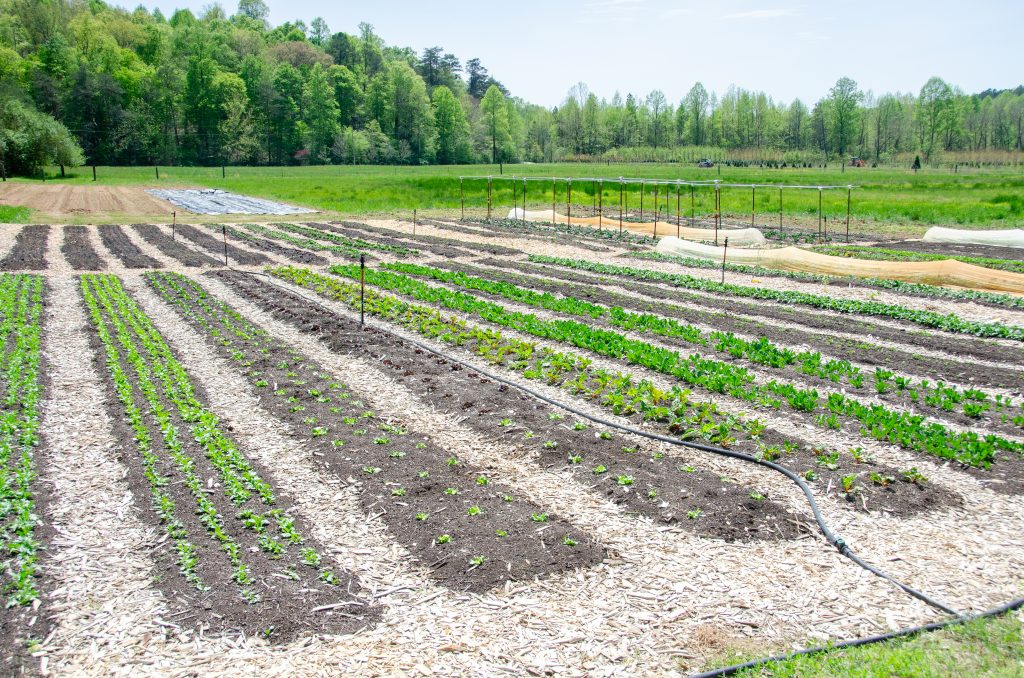
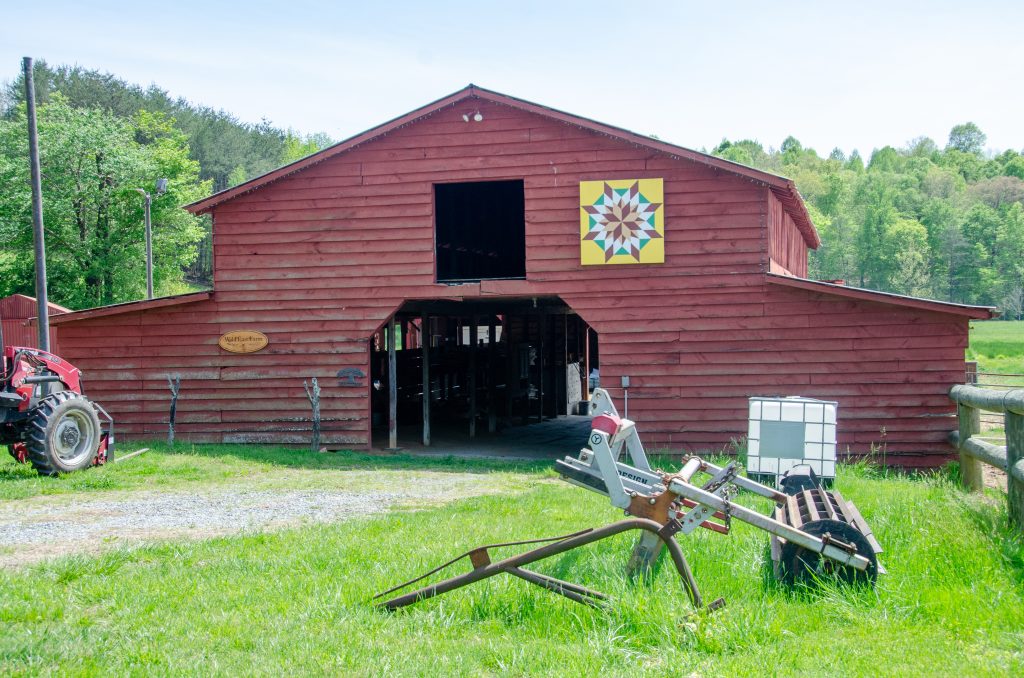
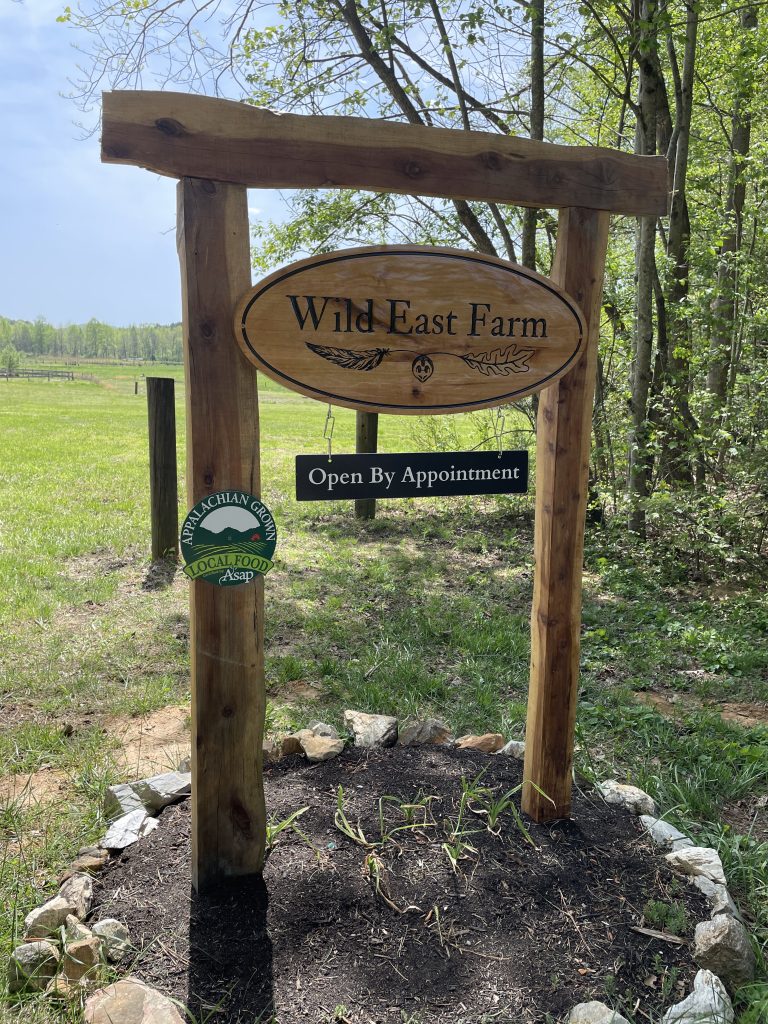
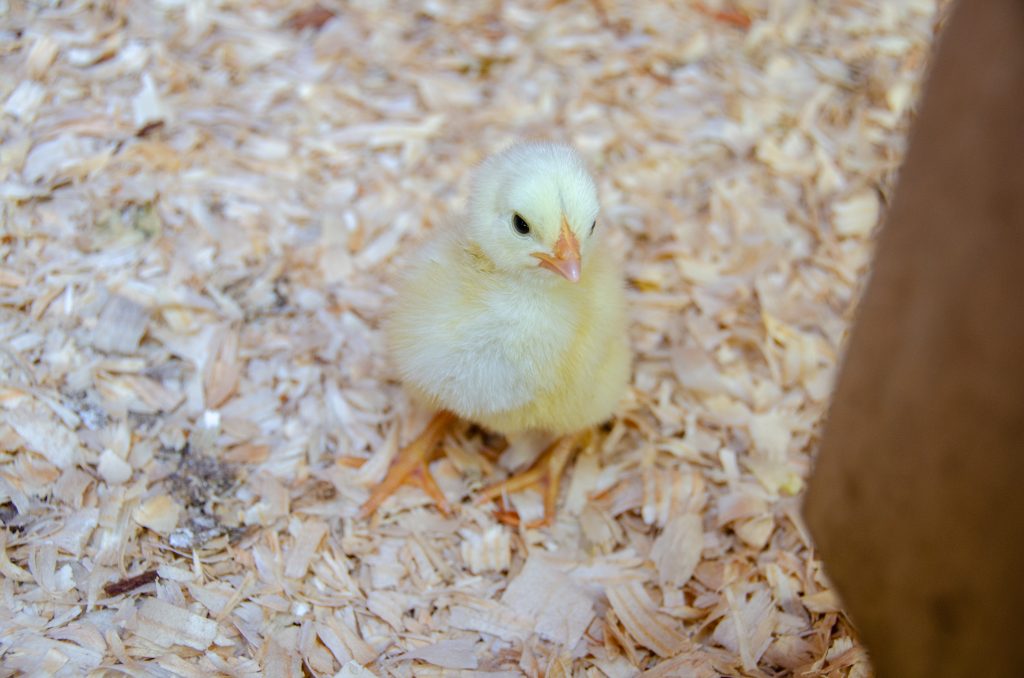
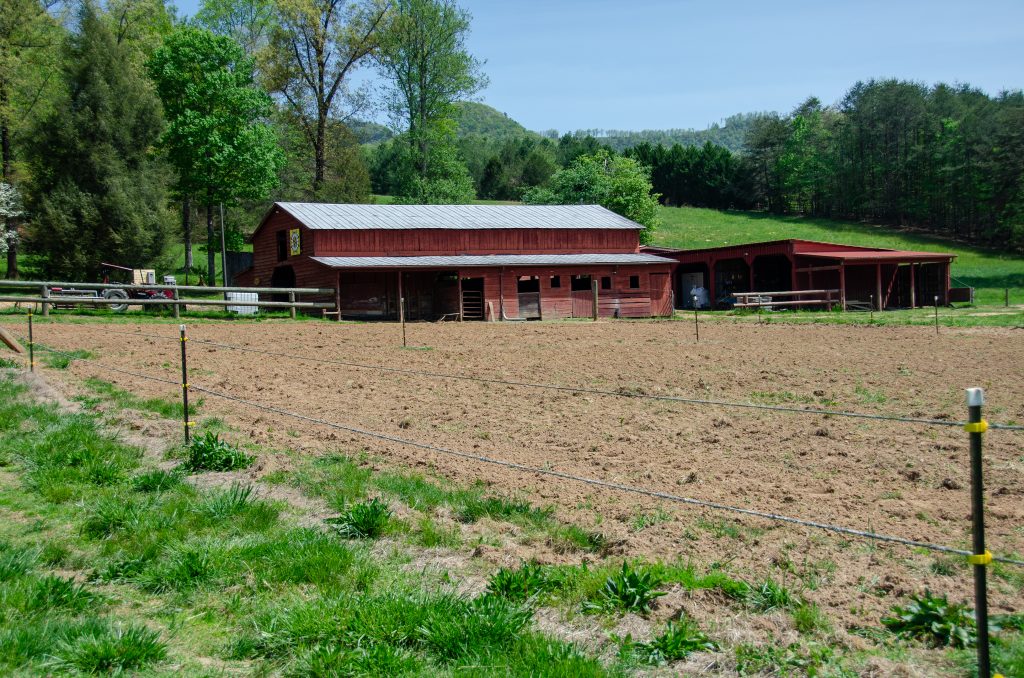
Share this Episode
<iframe src="https://player.simplecast.com/84a3bc96-3b7e-49d1-a06f-1ecedb5b41d9?dark=true" width="100%" height="200px" frameborder="no" scrolling="no" seamless=""></iframe>Copy the code to embed this episode on your website.
Help us keep this ministry free and accessible to Quakers & seekers all over the world.
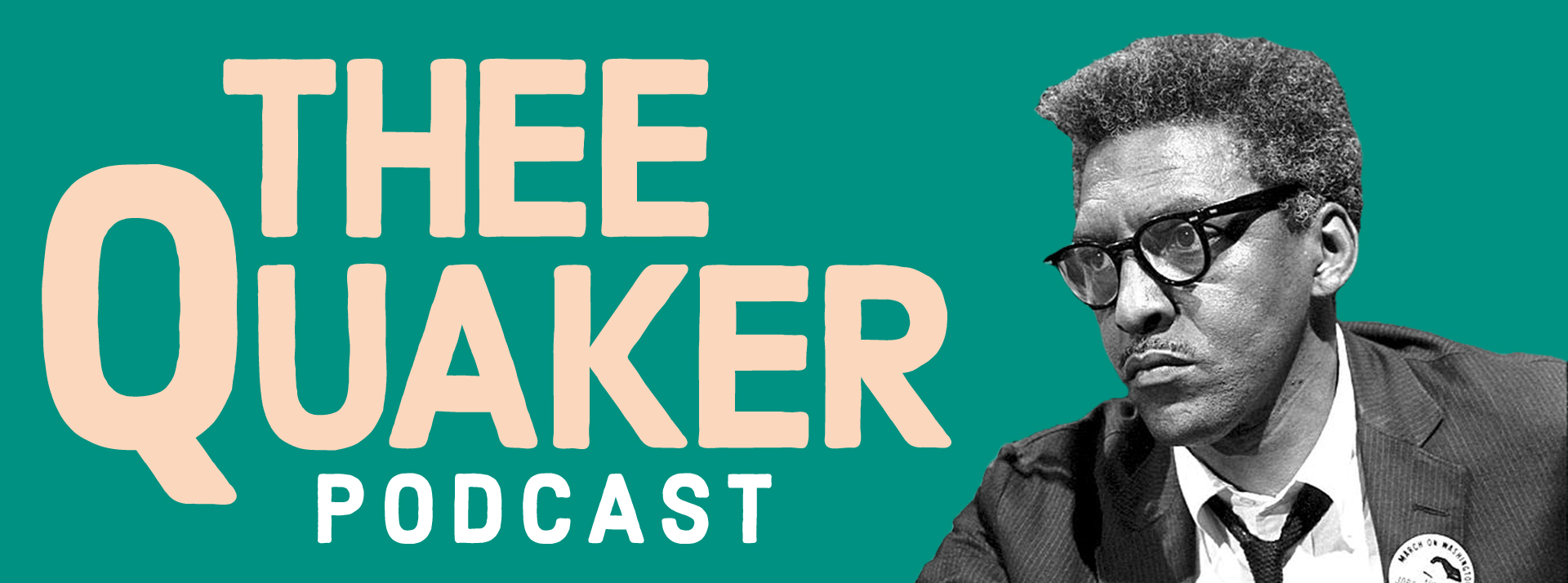

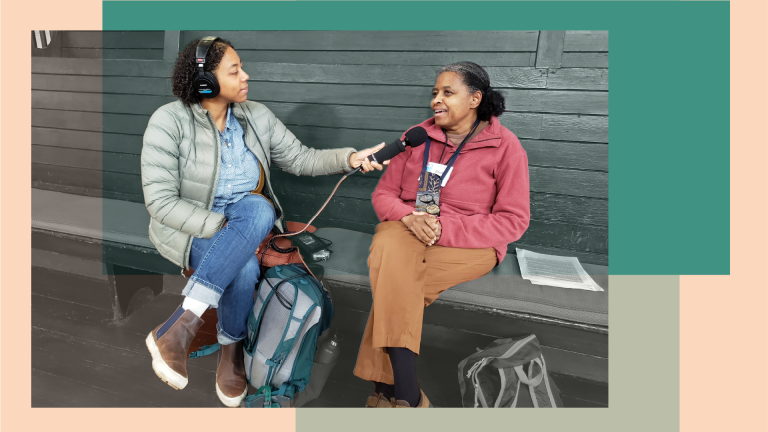
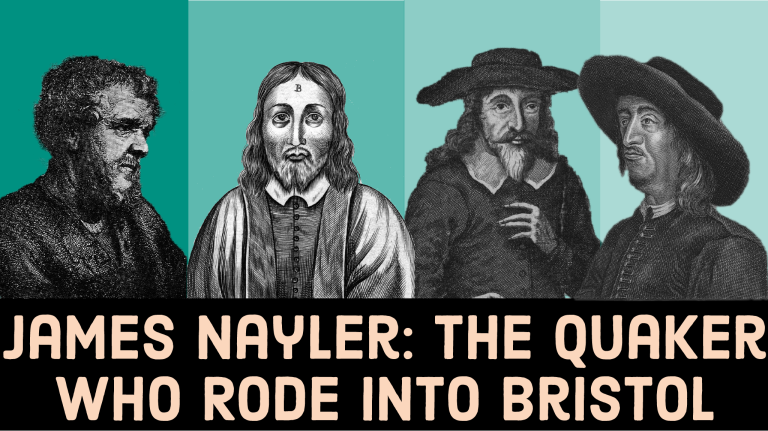
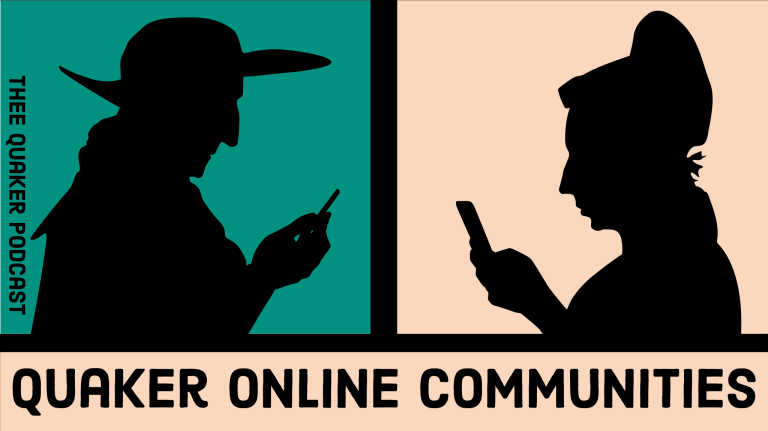
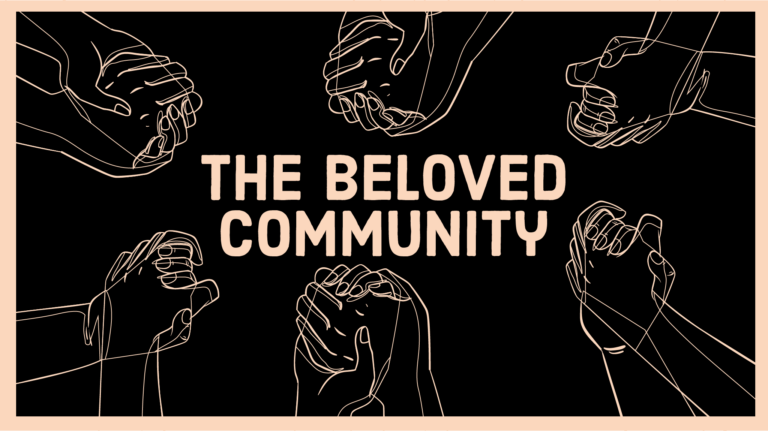
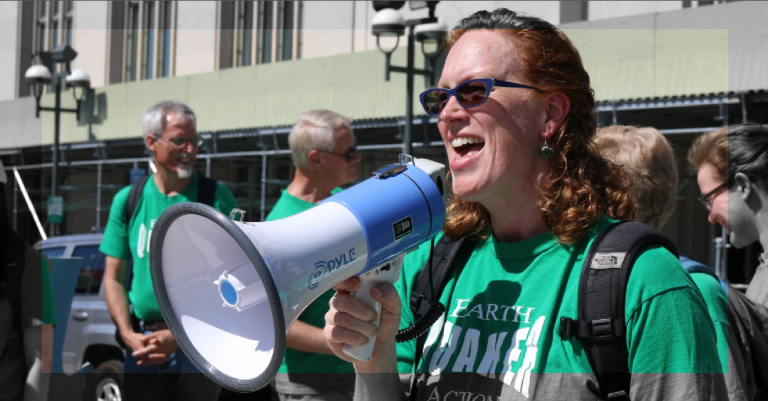
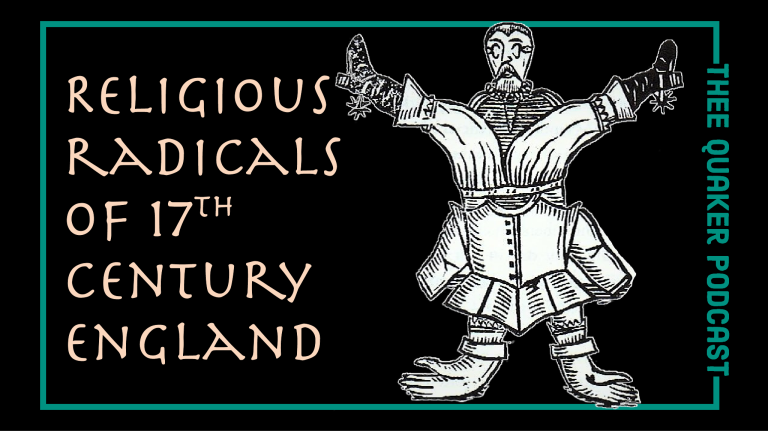
That is your loveliest and most spiritual episode yet. Whilst our family has chosen to be vegetarian, I felt such love and respect for both the animal and the farmer and completely got the reference to anonymity of meat. The engagement of the farm with the food service was guided by a higher power. Thank you for the episode